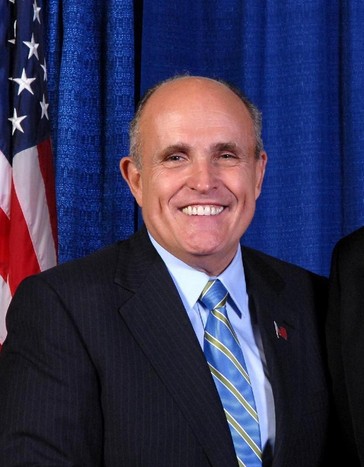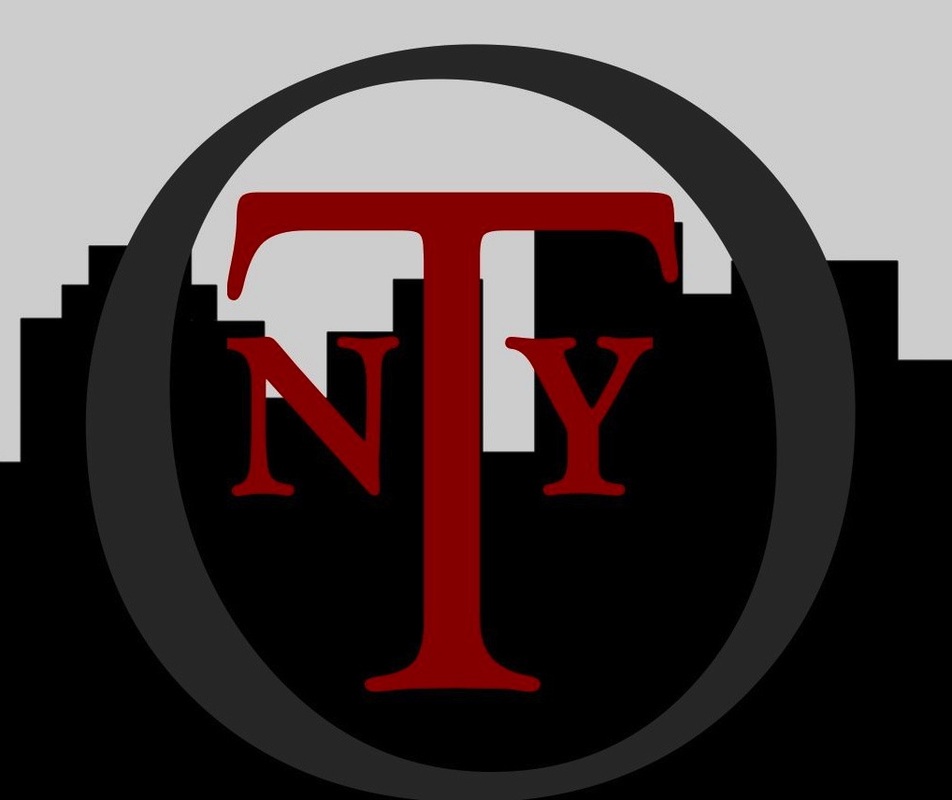Giuliani was born in East Flatbush, an only child. Giuliani and his family moved to Garden City South. Giuliani graduated from Bishop Loughlin Memorial High School in 1961. He then attended Manhattan College in Riverdale, Bronx, majoring in political schience and minoring in philosophy. During this period he considered becoming a priest. He graduated from Manhattan College in 1965, and instead of becoming a priest, he decided to attend New York University School of Law, graduating cum laude with his Juris Doctor in 1968.
Also in 1968, Giuliani volunteered for Robert F. Kennedy's presidential campaign, and had previously worked as a Democratic party committeeman on Long Island.
Giuliani's first job after law school was clerking for Judge Lloyd Francis MacMahon, United States District judge for the Southern District of New York. Two years later, he joined the United States Attorney's Office for the Southern District of New York. After three years, Giuliani was made execitive US Attorney, and Chief of the Narcotics Unity.
In 1975, he was recruited to be Associate Deputy Attorney General, and the chief of staff, under Deputy Attorney General Harold Tyler.
In 1981, after spending a few years in private practice, Giuliani was named Associate Attorney General in the Reagan administration. After two years, Giuliani took what was technically a demotion, by being appointed US Attorney for the Southern District of New York. Giuliani took this position because he wanted to personally litigate cases. It was during his tenure as US Attorney that he prosecuted some of his highest profile trials, including the Mafia Commision Trial, and Ivan Boesky and Michael Milken.
In 1989, Giuliani resigned from his position as US Attorney, just as the Reagan Administration ended. He then returned to private practice, until being elected Mayor of New York in 1993. This came after an unsuccessful run for the same position in 1989.
Giuliani's term as Mayor was marked by significant changes in law enforcement, including his emphasis on the controversial "Broken Windows" strategy. Crime rates dropped during his Mayoralty, but the exact impact of Giuliani's policies on the rates are subject to significant dispute.
In 1998, Giuliani started his run for the soon to be open US Senate seat to be vacated by Daniel Patrick Moynihan as of the 2000 election. This lead Congressman Charles Rangel, and other Democrats to recruit Hillary Rodham Clinton, at that time, still First Lady, to run for the seat. Their celebrity status was though to be sufficiently equal to allow for a somewhat fair fight. On May 19, 2000, however, Giuliani withdrew from the race, citing prostate cancer, and various issues in his private life.
On September 11, 2001, Mayor Giuliani was faced with the unthinkable. The terrorist attack on the World Trade Center, which left the Twin Towers a pile of ruble, and 2,753 people dead. Giuliani was highly visible in the days after the attack. He immediately gained international attention and a huge approval rating. In spite of the initial popularity obtained, there are many who cast doubts on the Mayor's role in the preparedness of the city for such an attack, and how he oversaw the clean-up efforts afterward.
Giuliani ran in the 2008 Presidential race, but on January 30, 2008 withdrew from the race, with dismal results thus far and endorsed John McCain.
Since the end of his term as NY Mayor, he has worked at Giuliani Partners, a security consulting firm, and Bracewell and Giuliani, a high profile law firm.
Giuliani's name has been mentioned over the years as a possible candidate for NY Governor, US Secretary of Homeland Security, and even running for the 2012 Republican nomination for President.




 RSS Feed
RSS Feed